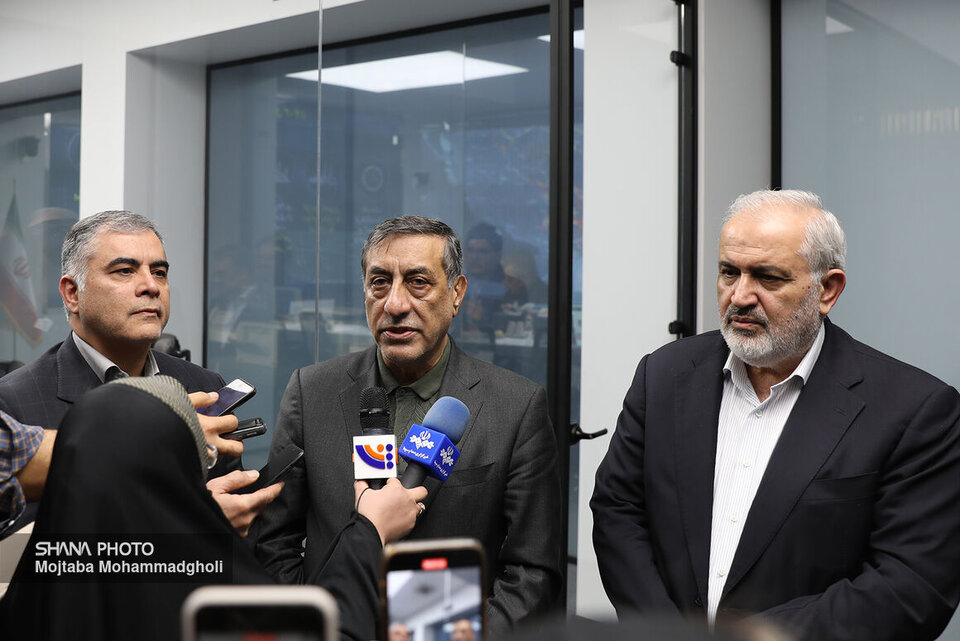Mohammad-Jafar Qaempanah announced the decision during a meeting on winter fuel supply held at the Oil Ministry, which was attended by the ministers of oil, energy, industry, and the head of the Plan and Budget Organization.
He stated, “To control energy consumption, we started with government offices. This directive aims to bring energy use to the bare minimum.”
Speaking on the sidelines of a cabinet meeting, Qaempanah explained that the government convenes weekly—and sometimes daily—to address energy imbalances and ensure sufficient fuel supply for the winter.
“The energy imbalance has been a longstanding issue, but the situation is now critical. This meeting was held to manage these imbalances and avoid power outages during the winter,” he said.
Qaempanah highlighted significant developments in the country’s oil and gas production over the past 100 days, noting an increase of more than 22 million cubic meters in natural gas production.
Additionally, gasoline production has risen by over 6 million liters, and diesel production has grown by 7 million liters, he said expressing hope for further increases in the country’s petroleum output next year.
Acknowledging that energy imbalances cannot be resolved solely through increased production, Qaempanah stressed the need for consumption management. He outlined measures to curb excessive energy use, including restrictions on heating systems in restaurants, swimming pools, and recreational facilities, with the possibility of closing some of these venues to reduce gas consumption.
He added, “We hope industries will not face shutdowns. However, if energy consumption continues at its current rate, we will have no choice but to endure power outages and heating shortages. We must ensure equitable distribution of gas and heating across the country.”
Qaempanah noted that winter has started earlier this year, with temperatures 4 to 5 degrees Celsius lower than last year, intensifying energy imbalances in gas and electricity supplies.
He emphasized that electricity generation depends on sufficient fuel availability, warning that inadequate fuel could lead to power cuts.
“After finalizing decisions from today’s meeting, they will be submitted for presidential approval before implementation,” the official stated.
Qaempanah also warned that unchecked gas consumption in households could lead to factory closures, contradicting this year’s designation by the Leader as the “Year of Production Leap.”
He cautioned that industrial shutdowns would result in inflation and unemployment.
The offocial expressed optimism about overcoming the energy shortages through solar power development, saying that over the past 100 days, 1,500 megawatts of solar energy have been added to the country’s capacity, with additional plans in progress.
“By the end of this administration’s term, we aim to resolve the imbalances in gas and electricity,” he said.


Your Comment